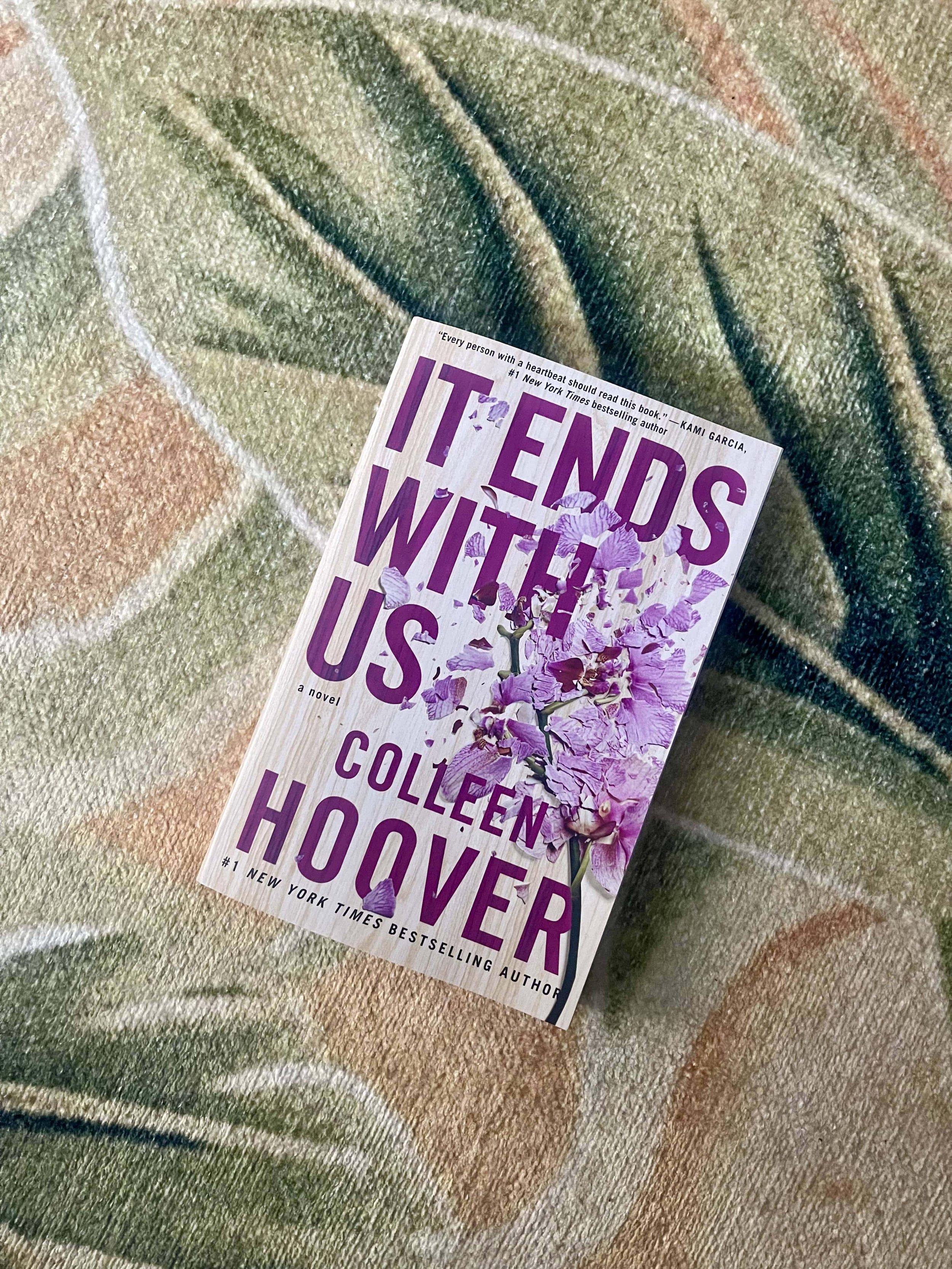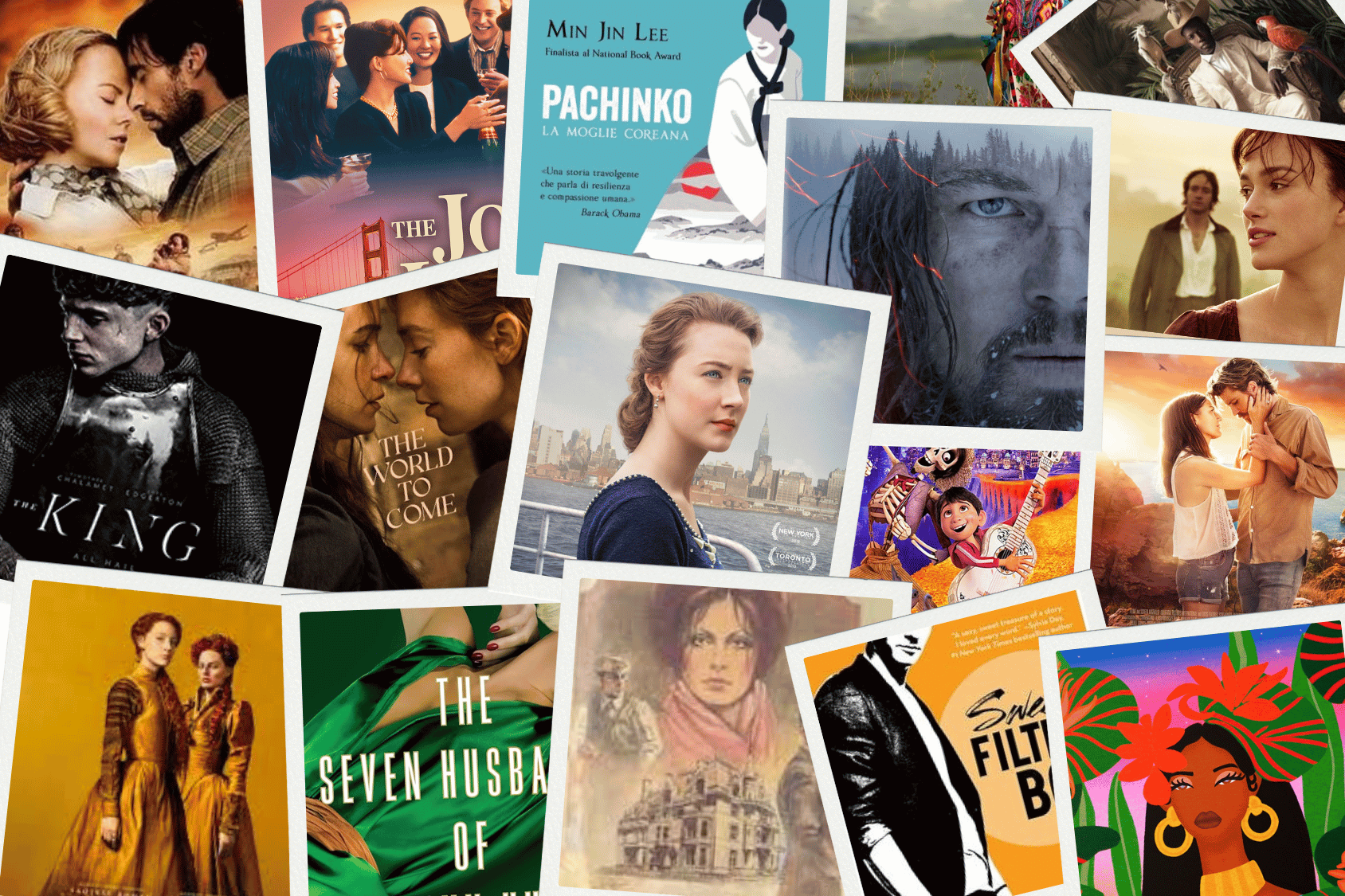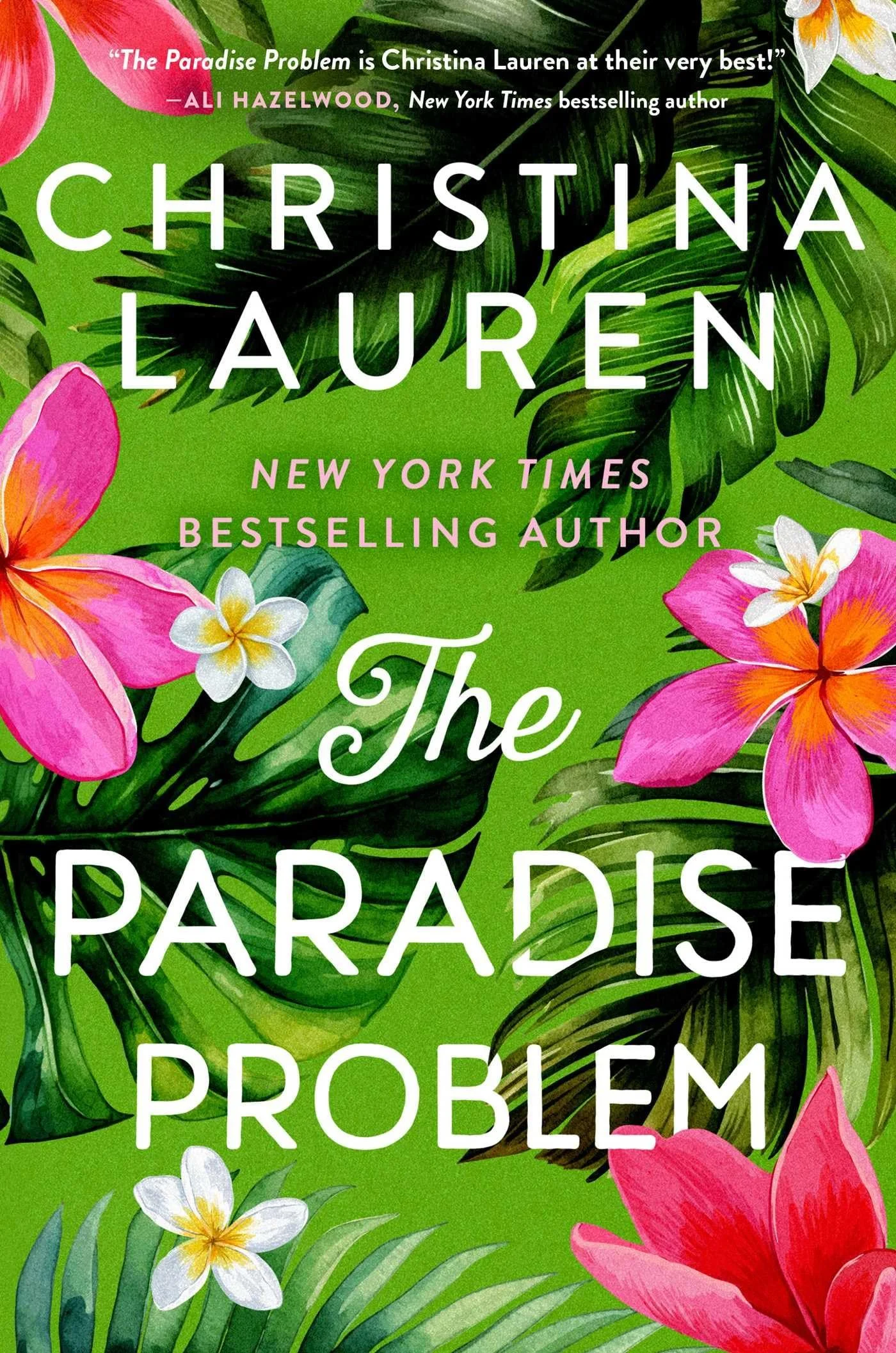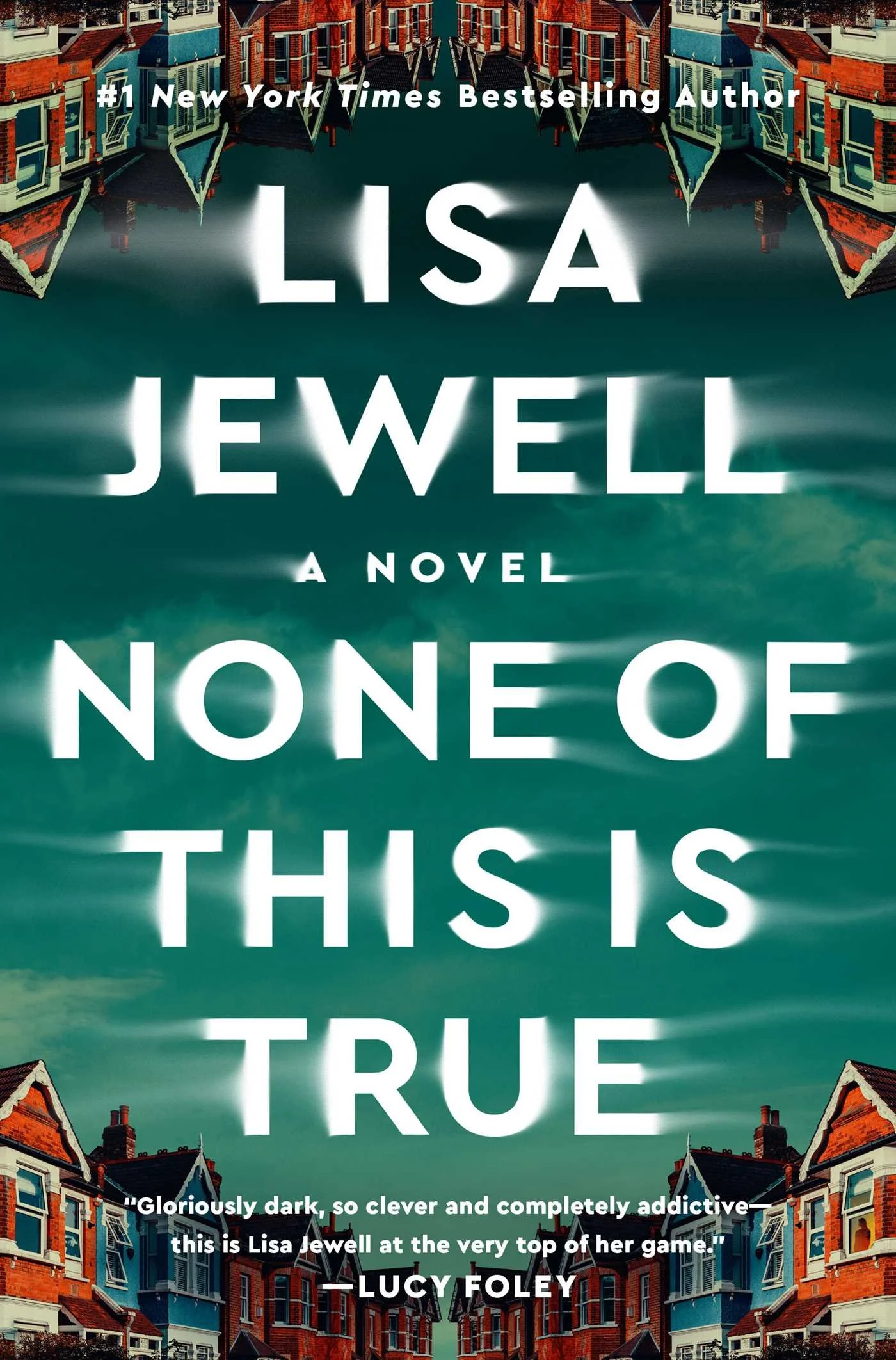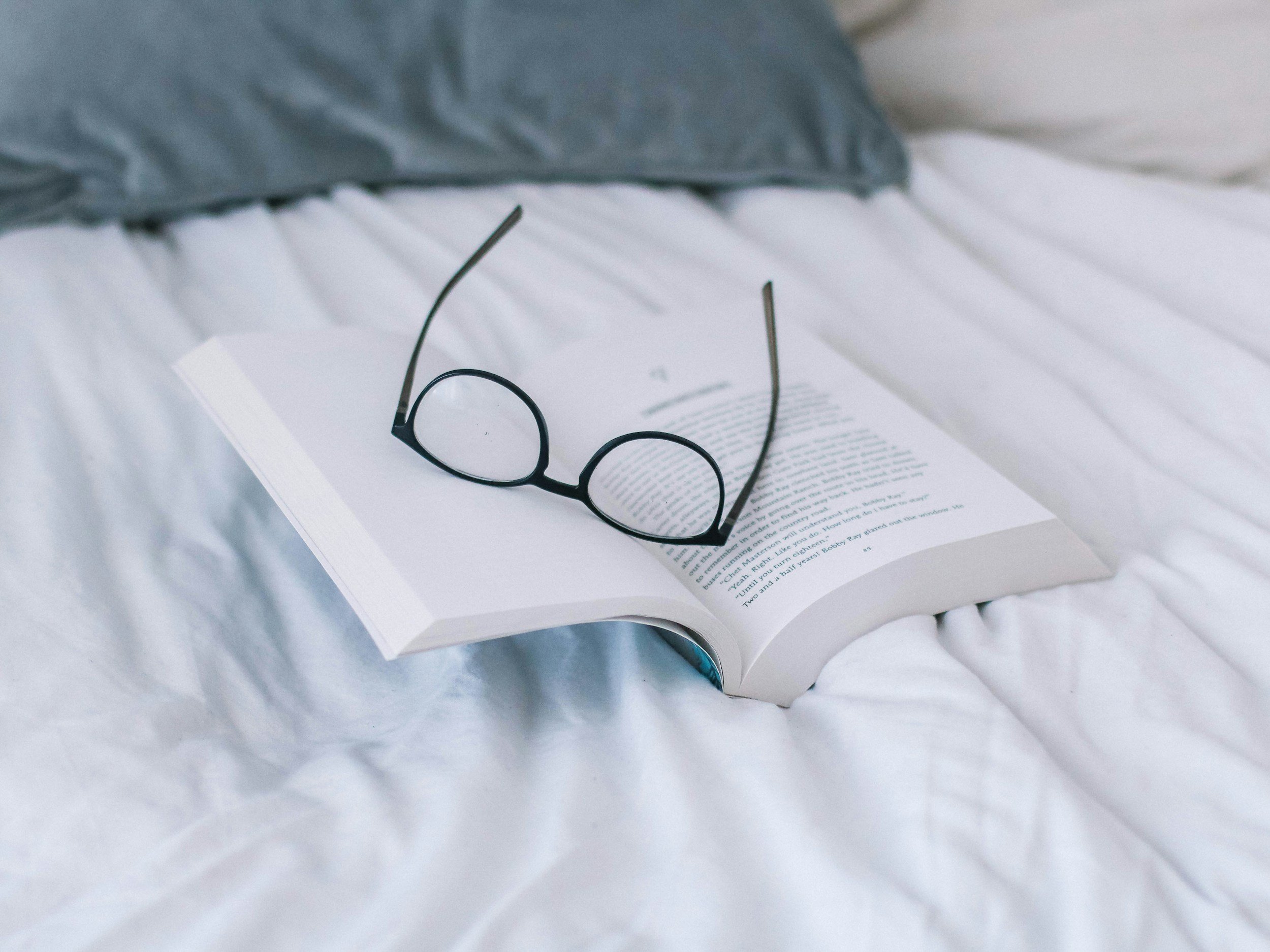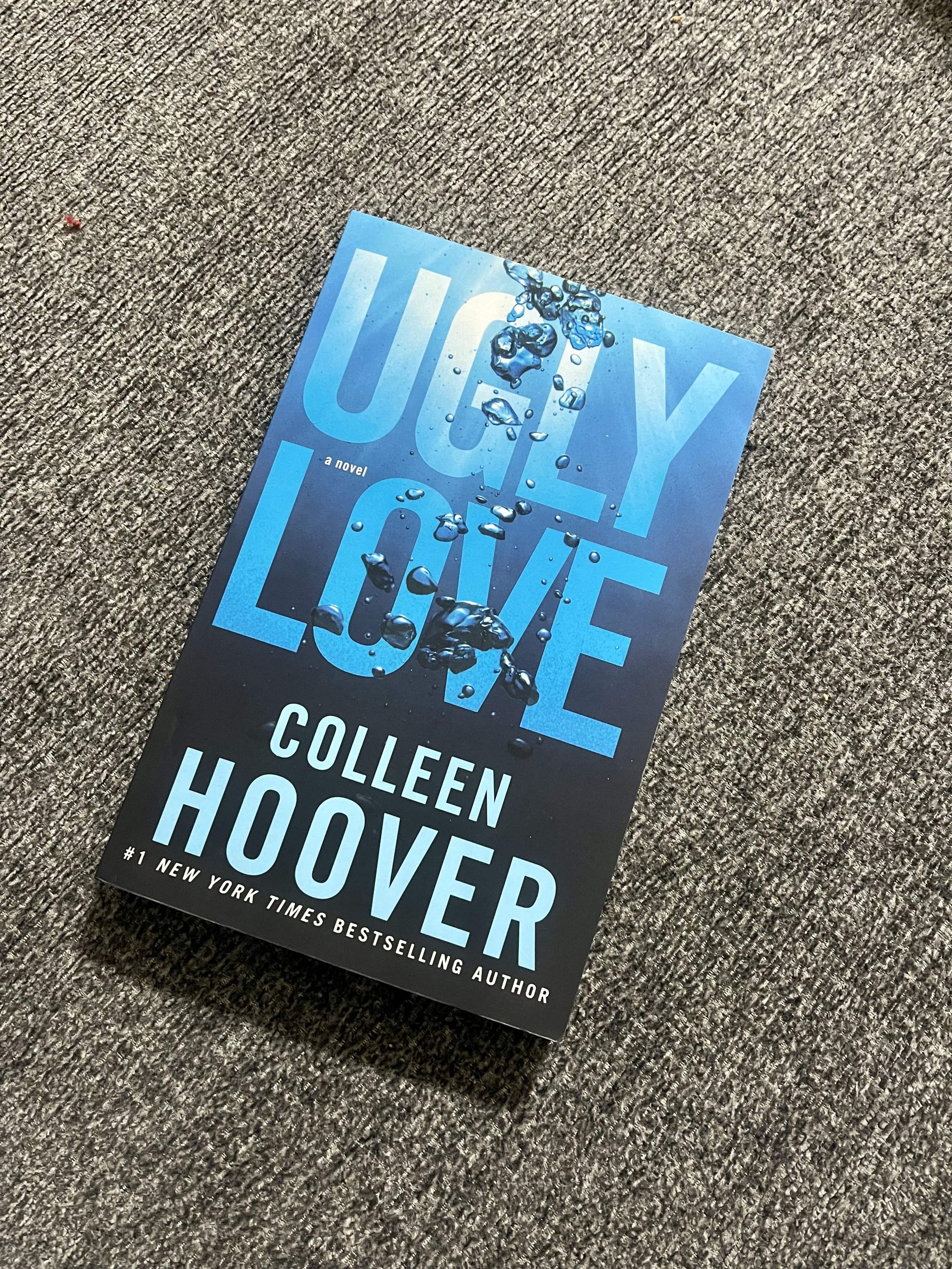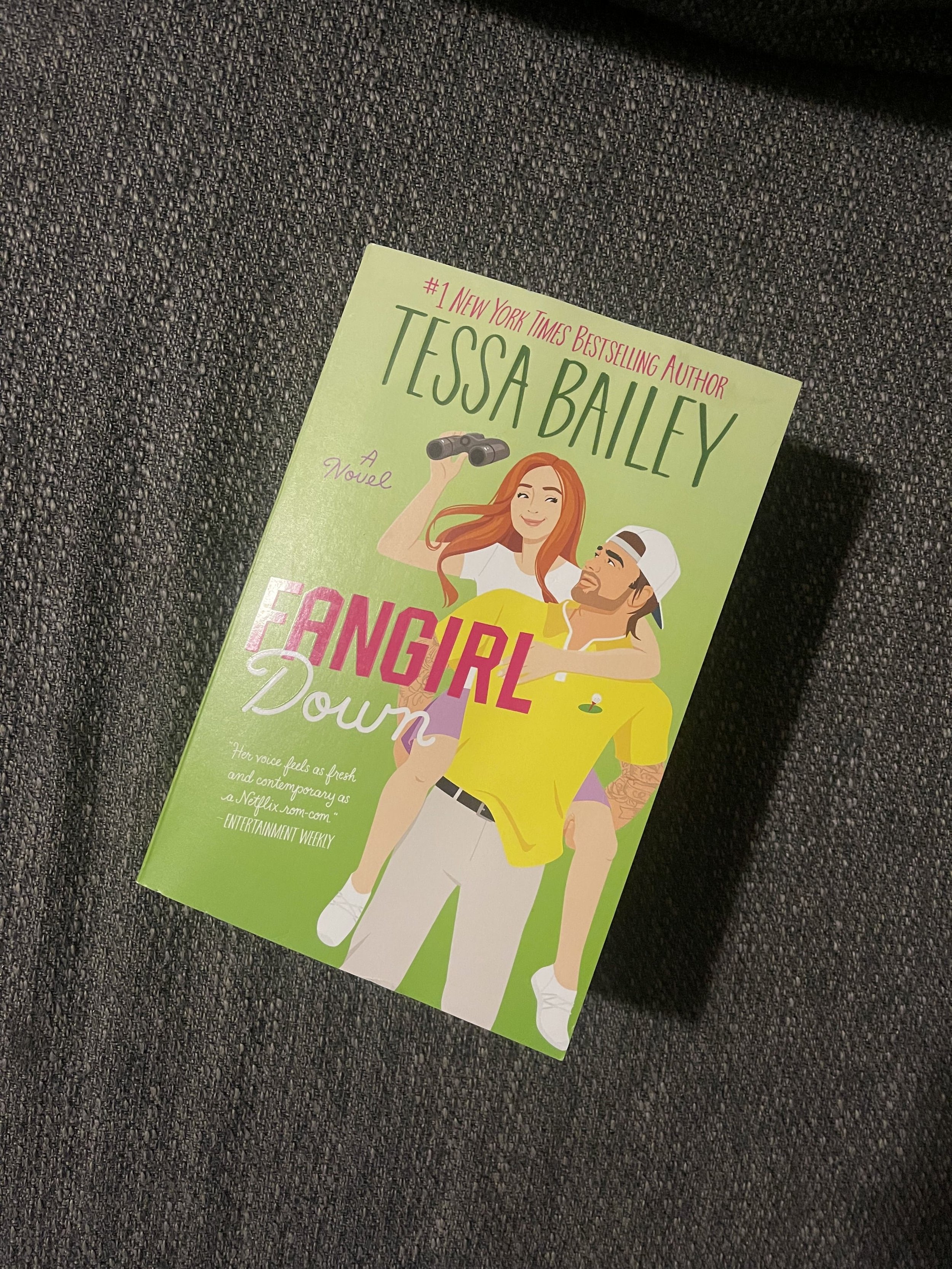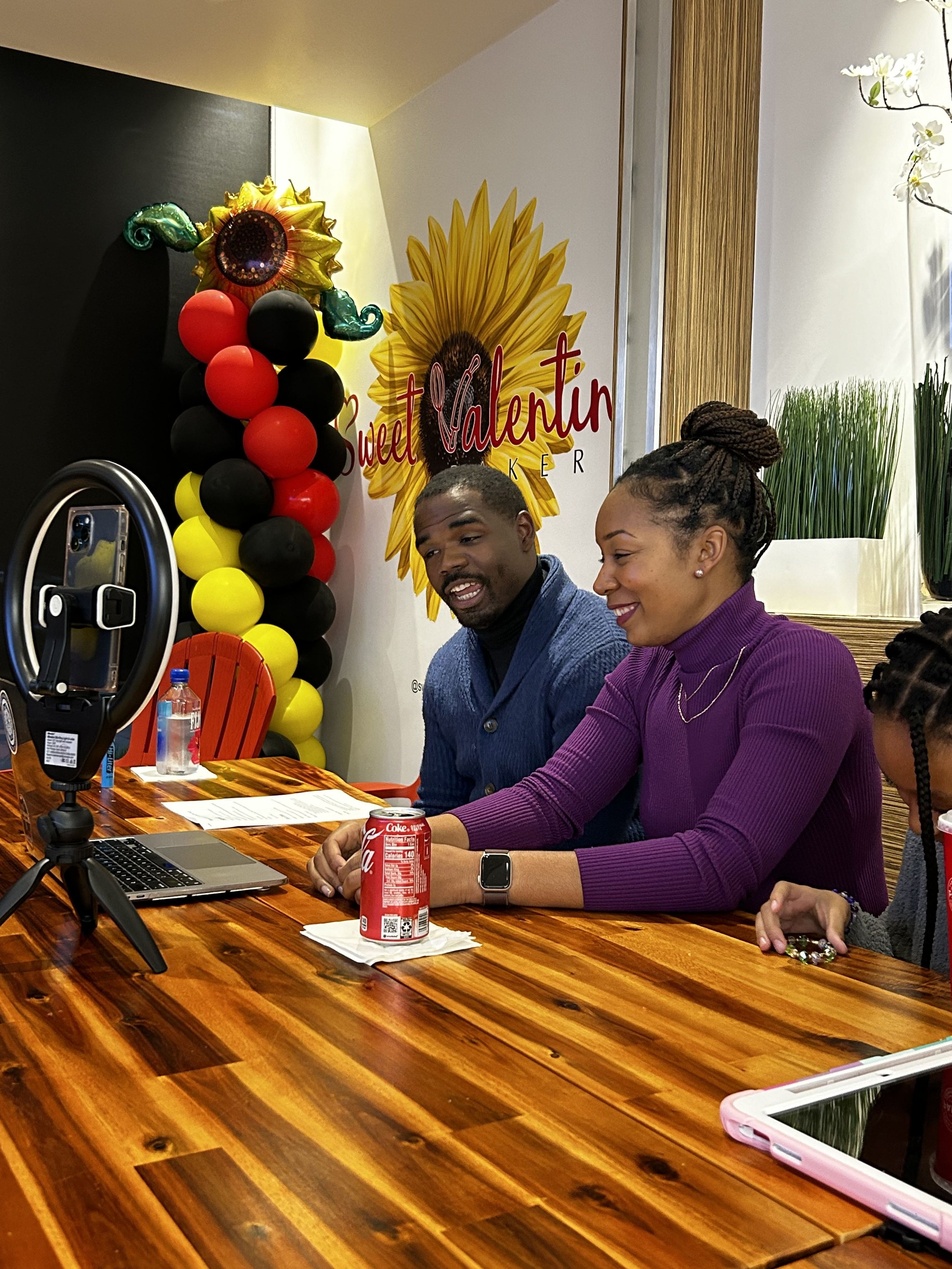“It Ends with Us”: A Book-to-Movie Breakdown
When I saw that Blake Lively was going to be in a new movie and that the new movie was based on a Colleen Hoover book, I was excited. Even though we book lovers are always disappointed, it’s always nice when one of your favorite authors or books becomes a movie. So I hurried to read It Ends With Us before the movie came out. And if you’ve read Colleen Hoover’s It Ends with Us, then you know what an emotional rollercoaster it is. After seeing the film adaptation, I want to share my thoughts on how it compares to the book. Sit back and relax because I have a lot of thoughts on how they translated this bestselling novel to the big screen!
Faithfulness to the Book
Let’s start with the basics: how closely does the movie stick to the book? The film does a pretty good job of following the plot of It Ends with Us—a story of Lily Bloom, her tumultuous relationship with Ryle Kincaid, and the impact of past trauma. The book touches on major themes like the complexity of love and abuse, the power of ambition and self-determination, and the grip of cycles of violence. But here’s the thing: while the movie covers all the themes, it does so with a much lighter touch than the book. The gritty, intense details that make the book so compelling are somewhat glossed over, probably to cater to a broader, mainstream audience. It became the rom-com version of a dramatic novel.
Character Portrayals
Now, onto the characters. Honestly, I wasn’t sold on the cast chosen for the portrayals. Blake Lively isn’t really Lily; it’s more Lily as Blake Lively. Blake brought her signature glitz and glam but missed the humility and depth of Lily’s character. Justin Baldoni’s Ryle had the right emotional weight, but he wasn’t quite the drop-dead gorgeous looker described in the book. Brandon Sklenar’s Atlas, however, was spot-on—rugged, humble, and with a voice that had all of us listening with rapt attention! Young Lily, played by Isabella Ferrer, nailed the nurturing vibe but was a bit more tomboyish than the book imagined. Jenny Slate as Alyssa brought much-needed humor but didn’t match my mental image. Alex Neustadter’s young Atlas was great, and Hasan Minhaj as Marshall was a pleasant surprise. Amy Morton did well as Lily’s mother, though we missed her more significant role from the book. Overall, the actors interacted well, but some choices felt off.
Emotional Impact
Let’s talk about emotions, one of my favorite topics. For me, the movie didn’t quite capture the emotional layers and complexities of the book. Lily’s strength, ambition, and self-awareness were pivotal in the book. She knew her worth and set boundaries that she fiercely defended, which didn’t come through as strongly in the movie. However, I did notice some tearful audience members in the theater, so perhaps the movie resonated differently for those who hadn’t read the book.
Cinematography and Set Design
On the visual side, the cinematography was impressive with plenty of close-ups that helped convey emotions. The set designs were beautiful but not quite what I imagined. Lily’s floral shop was darker and more cluttered than I’d pictured. Her and Ryle’s apartment was similar to Alyssa and Marshall’s, which was a bit confusing. Atlas’s home was surprisingly small and humble compared to the book’s grandiose description. And Ryle’s restaurant was more boho than the steakhouse vibe I expected. The visual choices were interesting but not exactly aligned with my expectations.
Script and Dialogue
The film’s dialogue was a bit of a mixed bag. There was more joking than I remember from the book, which makes sense considering Ryan Reynolds’ alleged involvement in the script. While this made for some lighter moments, it also shifted the film’s tone towards a rom-com that felt a bit out of sync with the book’s more serious themes.
Several crucial conversations were altered or left out. For instance, in the book, Lily learns about Ryle’s brother Emerson directly from Ryle, providing important context for his behavior. In the movie, this revelation comes from Alyssa, which misses the impact of Ryle’s personal disclosure. Another significant omission is the conversation between Lily and her mother at the end of the book, where they discuss the patterns of abusive relationships. In the book, this exchange includes the powerful line, “Be that girl, Lily. Brave and bold.” I was really hoping to hear this in the movie, but unfortunately, it didn’t make the cut.
Pacing
The pacing was a bit rushed—understandable, given the challenge of fitting 367 pages into a 2-hour movie. It felt like the story zipped through major plot points too quickly, making it hard to fully see or absorb the transitions.
Conclusion
The movie wraps up just like the book, which is reassuring. However, Lily’s sudden strength at the end seemed a bit abrupt compared to her portrayal throughout the movie. Despite this, the ending stays true to the book’s conclusion.
Overall, the movie adaptation of It Ends with Us is enjoyable and captures the essence of Colleen Hoover’s book, but it doesn’t quite reach the emotional depth or nuanced portrayal of the original novel. The movie has its moments and will likely resonate with viewers who haven’t read the book. But I found myself missing the book’s rich detail and depth.
Have you seen It Ends with Us yet? What did you think? Let’s chat about it! Drop your thoughts in the comments or DM me on Instagram. I’d love to hear how you felt about the movie and whether it lived up to your book expectations!
